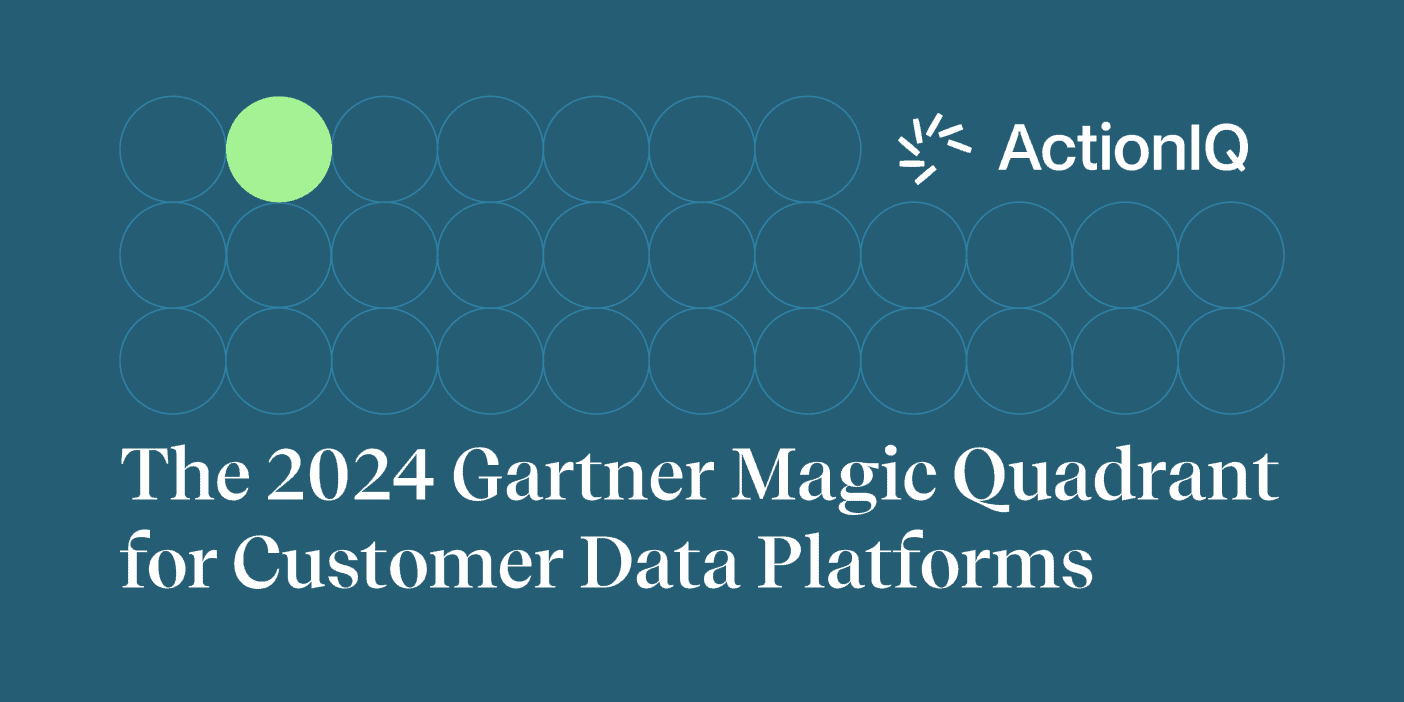Our Take on the Databricks MosaicML Acquisition

To kick off their annual conference, the Data and AI Summit in SF this week, Databricks announced the acquisition of MosaicML for a reported $1.3B. At first glance, this kind of dizzyingly high valuation seems like a throwback to the heady days of 2021, especially when you realize that MosaicML was founded a mere 2 years ago. But there’s more than hype in this acquisition. While Databricks has always had a strong play on being the platform for building, training, and hosting traditional ML models, this acquisition extends that to LLMs and other generative AI models.
Let’s take a closer look.
Enterprises Need More Than ChatGPT
Custom-hosted LLMs are the future in enterprise technology. Sure, ChatGPT is great for your personal life or for more generic tasks, for which broadly-available training data is representative. But in order to customize their own products and services, the real holy grail is the ability to deploy LLMs and other foundation models on their own data, and do that in a way that is both privacy and security-first. Ideally, they’d be able to build and deploy their own LLMs (leveraging advances in open-source frameworks) in their own secure cloud environments. And this is where Databricks and their Lakehouse architecture comes in.
LLMs in the Lakehouse
Databricks is heavily invested in the Lakehouse architecture, an architecture that promotes open storage formats and interchangeable compute layers that can be built on by an open ecosystem of applications. Databricks first demonstrated the value of this architecture by taking over AI and ML workloads. Spark, the open-source infrastructure that Databricks stems from, was purpose-built for these workloads. In the last few years, they’ve released products such as Databricks SQL that built on the lakehouse architecture in support of analytics and SQL, challenging Snowflake’s early dominance in those workloads and putting the two companies in much more direct competition. This acquisition is an extension of that Lakehouse strategy. With this acquisition, Databricks will have an offering for hosting custom LLMs as part of that same lakehouse architecture. That means Databricks offers products and services on the lakehouse that extend from ETL tools, to SQL analytics, to custom ML, and now to hosted LLMs. That’s pretty compelling.
From the MosaicML side, the value seems obvious, there are 1.3B reasons this acquisition makes sense. However, while not disclosed, acquisitions like these tend to be more (if not all) equity vs. cash. So the MosaicML team is making the bet that they can continue to grow and accelerate their product as part of the Databricks suite. It’s not like they were the only hosted ML platform in town, and some larger competitors such as dataiku have been around for nearly a decade with the go-to-market maturity to match that. With this acquisition, the MosaicML team gets to tap into Databricks’ extensive distribution channels and strong growth, which CEO Ali Ghodsi recently revealed has generated over $1B of ARR.
From Data Composability to Model Composability
At ActionIQ, we’ve been at the forefront of innovation when it comes to composability of the data and CX stack. Composable applications are going to be necessary in order to connect these lakehouse components, including custom-hosted LLMs to the rest of the business. Our HybridCompute architecture allows companies to seamlessly tap into lakehouse-resident customer 360s without needing to move or copy data, while still providing a low/no-code UI for non-technical users and enterprise-scale governance.
And while to-date, composability has been defined primarily by the separation of data and the UI, this acquisition represents the possibility of a new trend in composability: AI composability. As market leaders like Databricks provide more products and services to host custom models, application vendors will stop providing “bundled” out-of-the-box models in favor of customized composable models. This will allow enterprises to invest and differentiate themselves on the value of their models, and seamlessly integrate those models throughout their data and CX stack. There’s tremendous potential value to be realized in the application of generative AI to customer data, whether it be in novel new interfaces, predictive discovery of insights, or more automated decisioning of campaigns, just to name a few, and we’re excited to see how this acquisition accelerates that.





